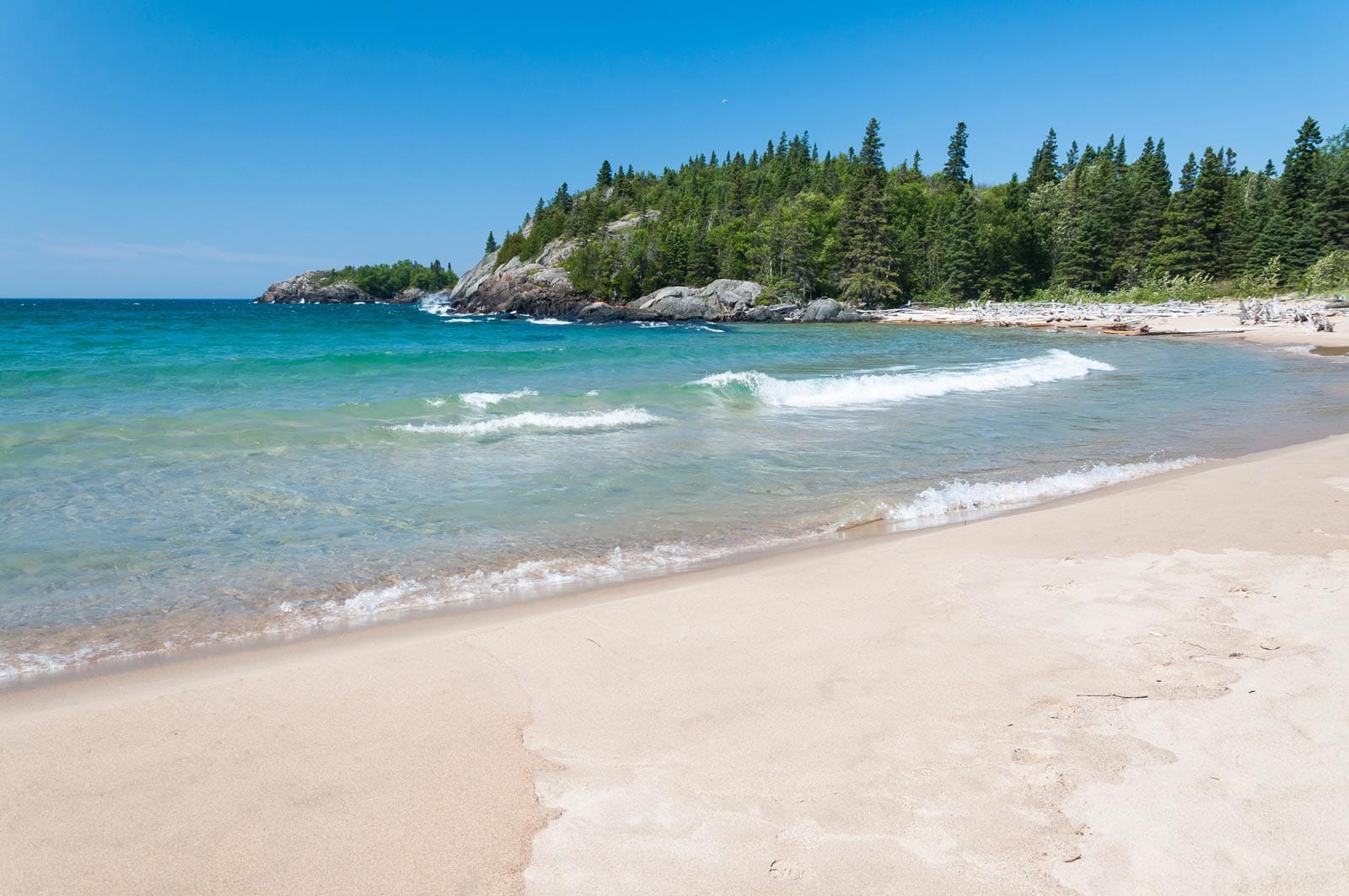39-year-old's Paris-based company lost more than a third of its revenue in 2024: The Olympics 'were not good for business'
Though the world tuned in and thousands of tourists descended on Paris for the Olympics, many local businesses struggled.

You might expect that a global event like the Summer Olympics would be a boon for local businesses. And while hosting the Games can certainly bring an influx of visitors, it doesn't necessarily cause the economic boost that business owners and local governments may hope for.
"The Olympics actually were not good for business," Jay Swanson, a 39-year-old YouTuber and the creator of Paris in My Pocket, a digital guide to the city, tells CNBC Make It. His business, which brings in revenue through ads on his YouTube channels, Patreon subscriptions and guide downloads, saw a 35% decline in revenue last year. In 2023, it brought in around $156,000, but that figure fell to just under $96,000 in 2024.
"I was optimistic, but the Parisians all bailed," he says.
Swanson's business wasn't alone. Strict security measures blocked off or redirected traffic in parts of the city, making it difficult for some businesses to get foot traffic. And hotels, shops and restaurants saw sales decline by up to 70% in the days leading up to the Games, the Confederation of French Traders reported.
Price gouging 'scared a whole lot of tourists away'
Ahead of the Games, prices for hotels and Airbnbs skyrocketed with the expectation that tourists would be willing to shell out for lodging. In late July 2024, average hotel prices were up 70% from the previous year, Paris tourism officials told Reuters at the time.
Seeing those prices, "everybody thought, 'This is impossible. I'm not going to do it,'" Swanson says. "They scared a whole lot of tourists away that way."
Closer to the Olympics, when rooms were going largely un-booked, those prices came down by up to 70%, Reuters reported.
In Swanson's experience, tourists and locals who stayed in the city primarily wanted to see the Olympics, and neglected other attractions they may otherwise hear about or seek out through guides like his.
"[Visitors] stayed pretty close to the [Olympic] venues, and they only really came for that, they weren't doing cultural events like the Louvre — [it] had a massive drop in visitors," Swanson says. "Everybody had a massive drop in visitors because they were just kind of sticking to those corridors."
Indeed, the Louvre reported a 22% decrease in visitors during the two weeks the Games were held and The Orsay Museum saw 29% less foot traffic in its galleries.
"All the Parisians left," Swanson says.
Added costs without added revenue
While locals may have been more apt to leave, business owners still hoped — and were told — tourists would be flooding the city to patronize their stores and restaurants. The government told businesses to staff up to be able to accommodate an influx of guests that never came, Swanson says.
"When businesses have asked if they should stay open, we tell them we're trying to create the conditions for this to be a real opportunity and for the city to function normally," Pierre Rabadan, Paris' deputy mayor for sports, told the New York Times in June.
Economists and Olympic officials assured residents the Games would bring an economic boom to the city. But in reality, they had a minor impact on France's overall economy. Ticket sales, tourism and other Olympics-related revenue added just 0.4% to the country's gross domestic product growth in 2024, according to France's Institute of Statistics and Economic Studies.
"People ended up sticking around, spending a lot more money to keep their businesses open and then had way fewer people walking through the door during the Olympics," Swanson observed. "It left a lot of people in dire straits."
It was difficult to stay afloat, keeping his bills and his employees paid throughout last year, but "I'm proud of myself for making it through it," Swanson says. "We had to tighten our belts. We had to cancel some projects. We had to really work to get through it, but we made it through."
Want to up your AI skills and be more productive? Take CNBC's new online course How to Use AI to Be More Successful at Work. Expert instructors will teach you how to get started, practical uses, tips for effective prompt-writing, and mistakes to avoid.
Plus, sign up for CNBC Make It's newsletter to get tips and tricks for success at work, with money and in life.


 AbJimroe
AbJimroe 




























.jpg&h=630&w=1200&q=100&v=90ed771b68&c=1)



